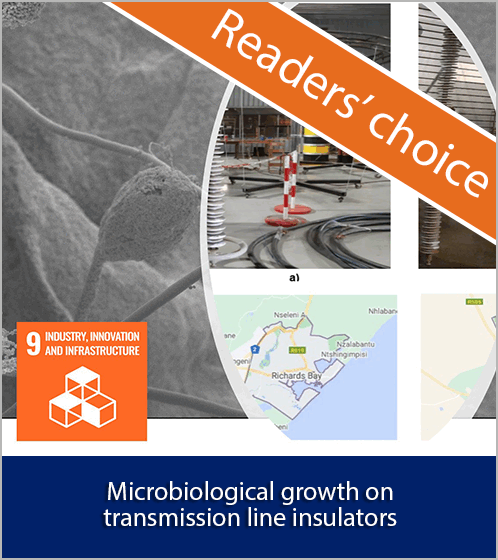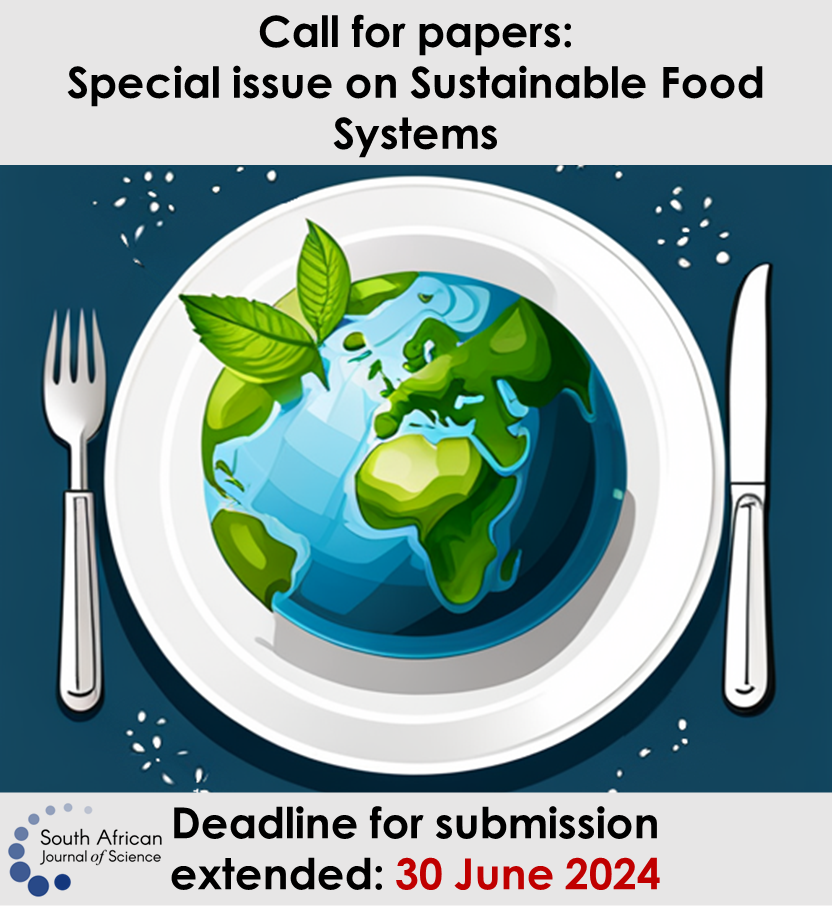An evaluation for harnessing low-enthalpy geothermal energy in the Limpopo Province, South Africa
DOI:
https://doi.org/10.1590/sajs.2014/20130282Keywords:
climate change, renewable energy, geothermal energy, enhanced geothermal systems, energy policyAbstract
South Africa generates most of its energy requirements from coal, and is now the leading carbon emitter in Africa, and has one of the highest rates of emissions of all nations in the world. In an attempt to decrease its CO 2 emissions, South Africa continues to research and develop alternative forms of energy, expand on the development of nuclear and has began to explore potentially vast shale gas reserves. In this mix, geothermal has not been considered to date as an alternative energy source. This omission appears to stem largely from the popular belief that South Africa is tectonically too stable. In this study, we investigated low-enthalpy geothermal energy from one of a number of anomalously elevated heat flow regions in South Africa. Here, we consider a 75-MW enhanced geothermal systems plant in the Limpopo Province, sustainable over a 30-year period. All parameters were inculcated within a levelised cost of electricity model that calculates the single unit cost of electricity and tests its viability and potential impact toward South Africa’s future energy security and CO 2 reduction. The cost of electricity produced is estimated at 14 USc/KWh, almost double that of coal-generated energy. However, a USD25/MWh renewable energy tax incentive has the potential of making enhanced geothermal systems comparable with other renewable energy sources. It also has the potential of CO 2 mitigation by up to 1.5 gCO 2 /KWh. Considering the aggressive nature of the global climate change combat and South Africa’s need for a larger renewable energy base, low-enthalpy geothermal energy could potentially form another energy option in South Africa’s alternative energy basket.Published
2014-03-27
How to Cite
Dhansay, T., de Wit, M., & Patt, A. (2014). An evaluation for harnessing low-enthalpy geothermal energy in the Limpopo Province, South Africa. South African Journal of Science, 110(3/4), 1–10. https://doi.org/10.1590/sajs.2014/20130282
Issue
Section
Research Article
License

All articles are published under a Creative Commons Attribution 4.0 International Licence
Copyright is retained by the authors. Readers are welcome to reproduce, share and adapt the content without permission provided the source is attributed.
Disclaimer: The publisher and editors accept no responsibility for statements made by the authors














.png)